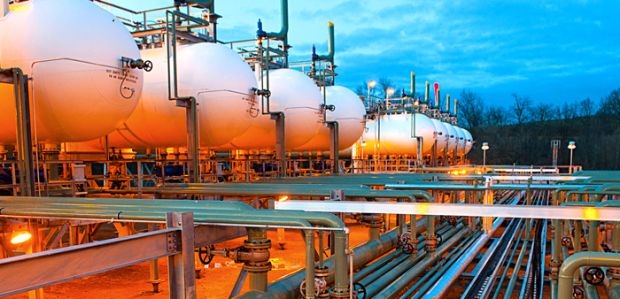The Crisis Management Committee is expected to meet within the first fortnight of October to examine the overall situation in the energy market, driving price levels up to exorbitant levels for consumers of all categories.
The committee’s members will discuss the issue of supply adequacy and security for meeting electricity generation needs, primarily.
Electricity, natural gas and CO2 emission prices are skyrocketing, while natural gas shortages are now emerging in EU markets, all as a result of an extraordinary combination of developments in European markets.
For the time being, Greek energy sector authorities – RAE, the Regulatory Authority for Energy; DESFA, the gas grid operator; and IPTO, the power grid operator – have remained reassuring. Yesterday, RAE president Athanasios Dagoumas noted: “We are not in a state of alarm but are vigilant.”
Overall natural gas consumption is expected to increase in 2021. Consumption was 14 percent higher in the first half compared to the equivalent period a year earlier, DESFA data has shown.
Gas demand rose in July and August to meet increased electricity generation needs and is also expected to be elevated this coming winter.
In Greece, approximately 60 percent of natural gas consumption results from electricity generation. The ongoing withdrawal of coal-fired power stations and greater reliance on fluctuating RES output is expected to lead to a further increase in demand for natural gas.
Local authorities have pointed to Greece’s natural gas source diversification, made possible by the Revythoussa LNG terminal and TAP, both offering alternative solutions, as crucial in the effort to manage the current energy crisis.





